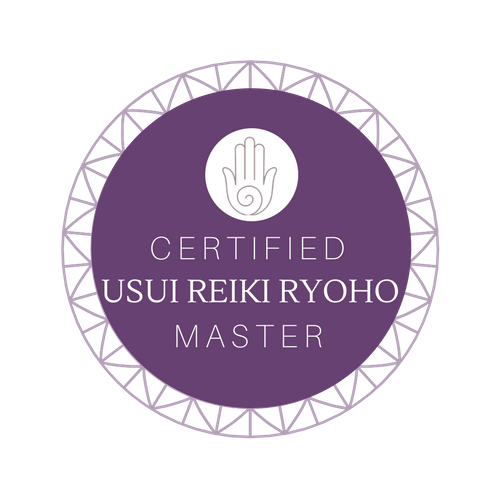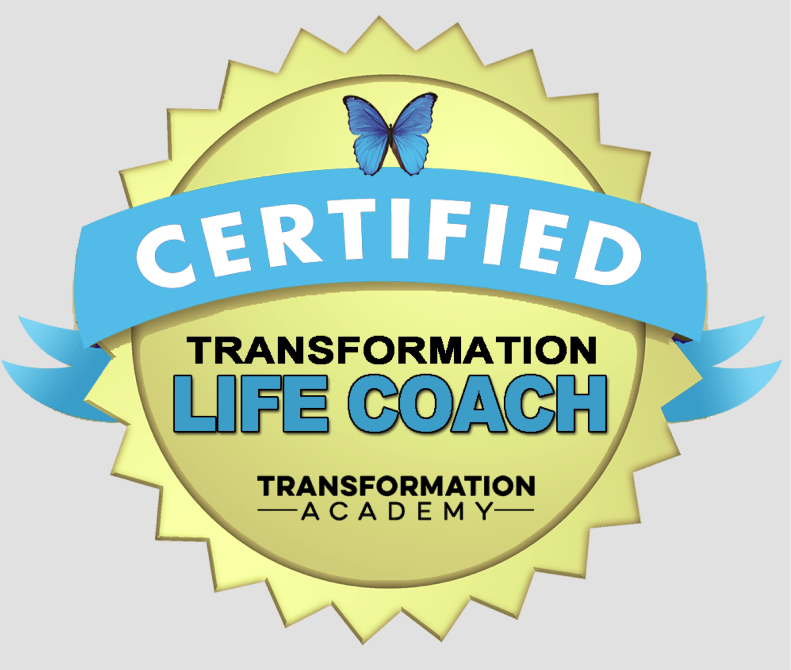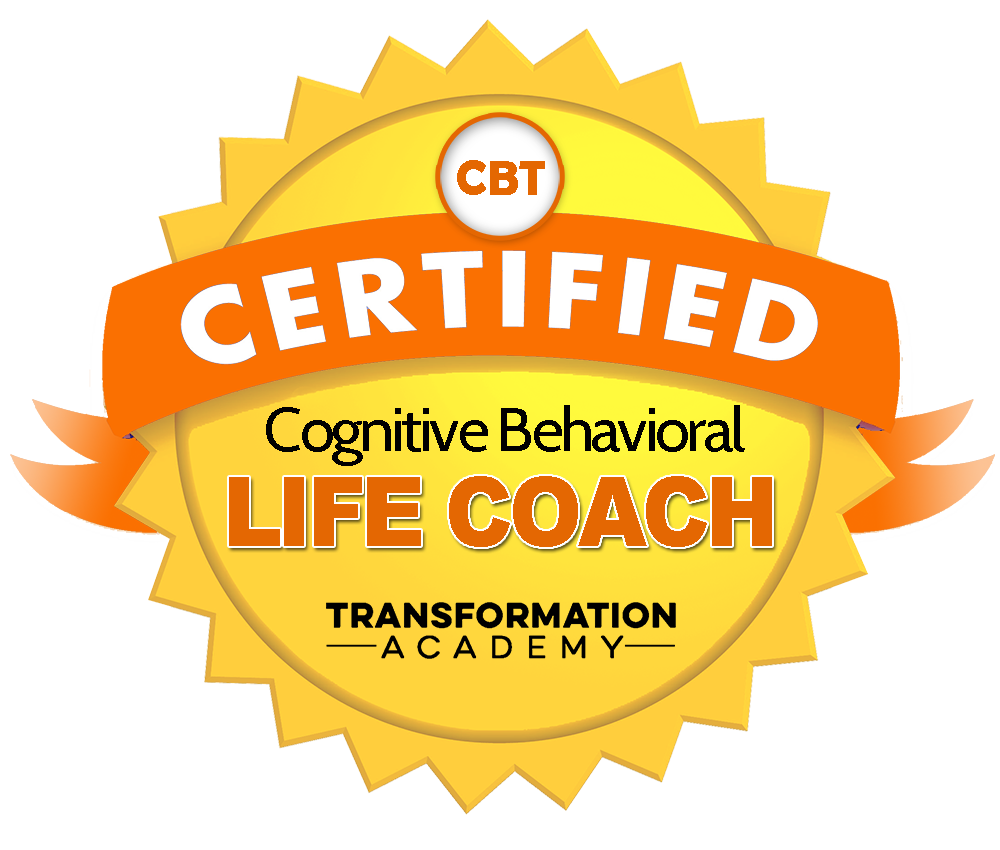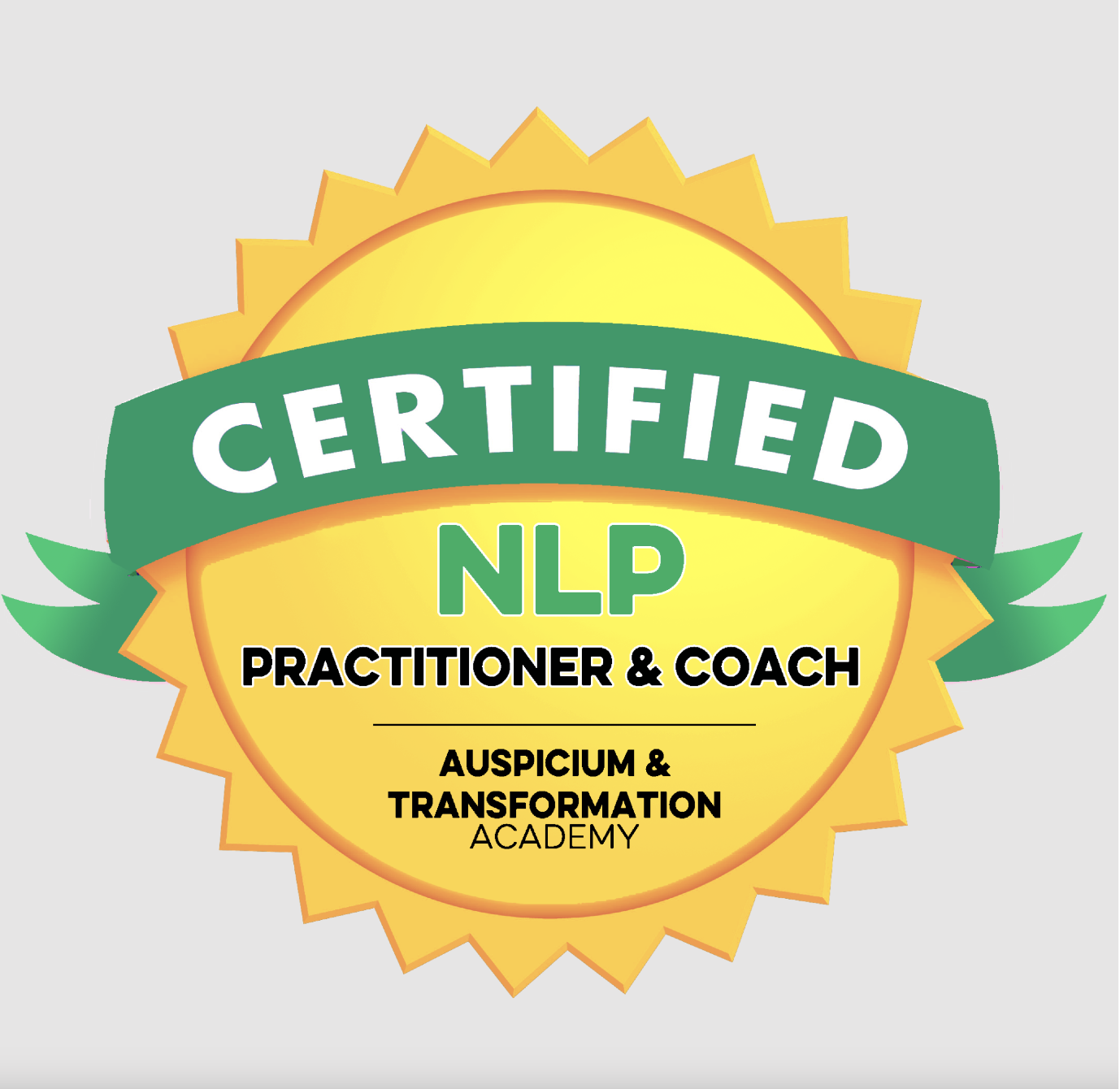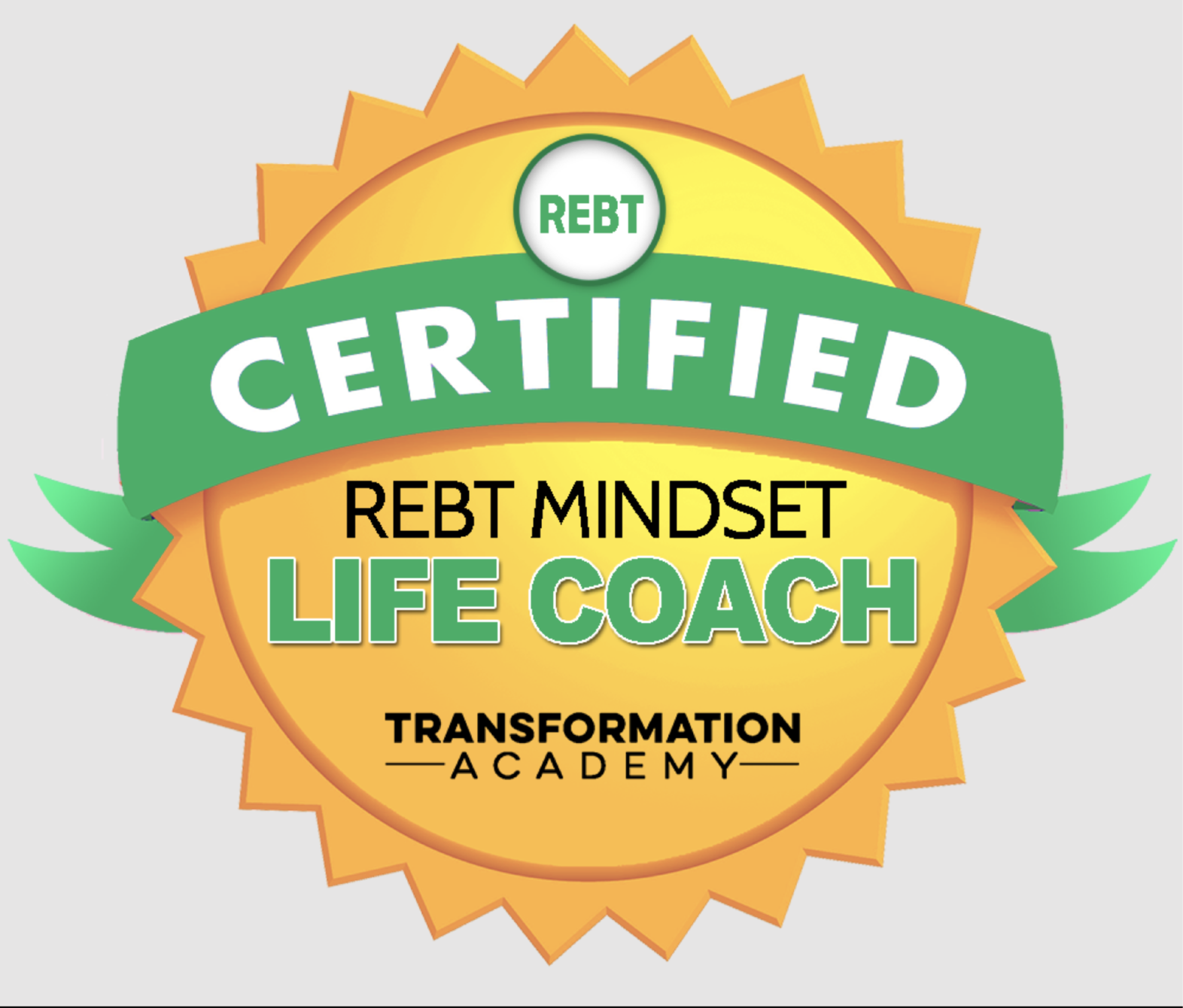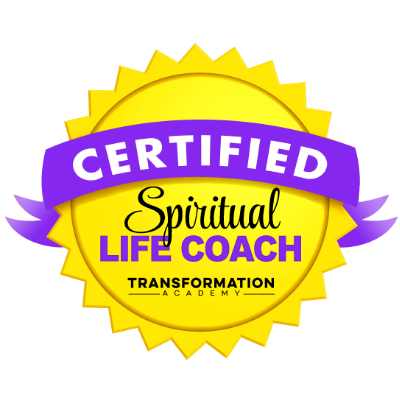The Role of Self-Worth in Breaking Free from Limiting Beliefs

Self-worth plays a crucial role in shaping our beliefs, behaviors, and ultimately, our lives. It is the internal sense of being valuable, deserving of happiness, and capable of achieving our goals. However, when self-worth is low, it can lead to the development of limiting beliefs, negative thought patterns that constrain our potential and prevent us from living authentically. This blog post explores how low self-worth contributes to limiting beliefs and offers practical strategies for improving self-esteem and fostering self-love.
Understanding Self-Worth and Limiting Beliefs
What is Self-Worth?
Self-worth is an internal perception of our value as individuals. It goes beyond external validation, such as achievements, accolades, or social status. Instead, it stems from our intrinsic belief in ourselves and our right to happiness and fulfillment. When we have a healthy sense of self-worth, we are more likely to pursue our goals, take risks, and engage in positive relationships.How Low Self-Worth Fuels Limiting Beliefs
Low self-worth often leads to the formation of limiting beliefs, which can manifest as negative self-talk or self-defeating attitudes. Here’s how this connection typically works:
- Negative Core Beliefs: Low self-worth often develops from negative experiences in childhood, societal conditioning, or critical self-talk. These experiences create core beliefs that reinforce feelings of inadequacy. For example, a person who frequently hears “You’re not good enough” may internalize this message, leading to a belief that they don’t deserve success or happiness.
- Self-Sabotage: When individuals hold limiting beliefs rooted in low self-worth, they may engage in self-sabotaging behaviors. For instance, a person who believes they are unworthy may avoid opportunities for advancement or fail to pursue relationships because they feel they don’t deserve them.
- Fear of Failure: Low self-worth can make individuals overly fearful of failure. They may perceive failure as confirmation of their inadequacy, further entrenching their limiting beliefs. This fear can prevent them from taking necessary risks, leading to stagnation and unfulfilled potential.
- Comparison and Envy: Those with low self-worth often compare themselves to others, leading to feelings of envy and resentment. This comparison reinforces the belief that they are inferior, perpetuating a cycle of negative self-assessment and limiting beliefs about their abilities.
Understanding the link between self-worth and limiting beliefs is the first step in breaking free from these constraints. By improving self-esteem and fostering self-love, individuals can begin to challenge and transform their limiting beliefs.
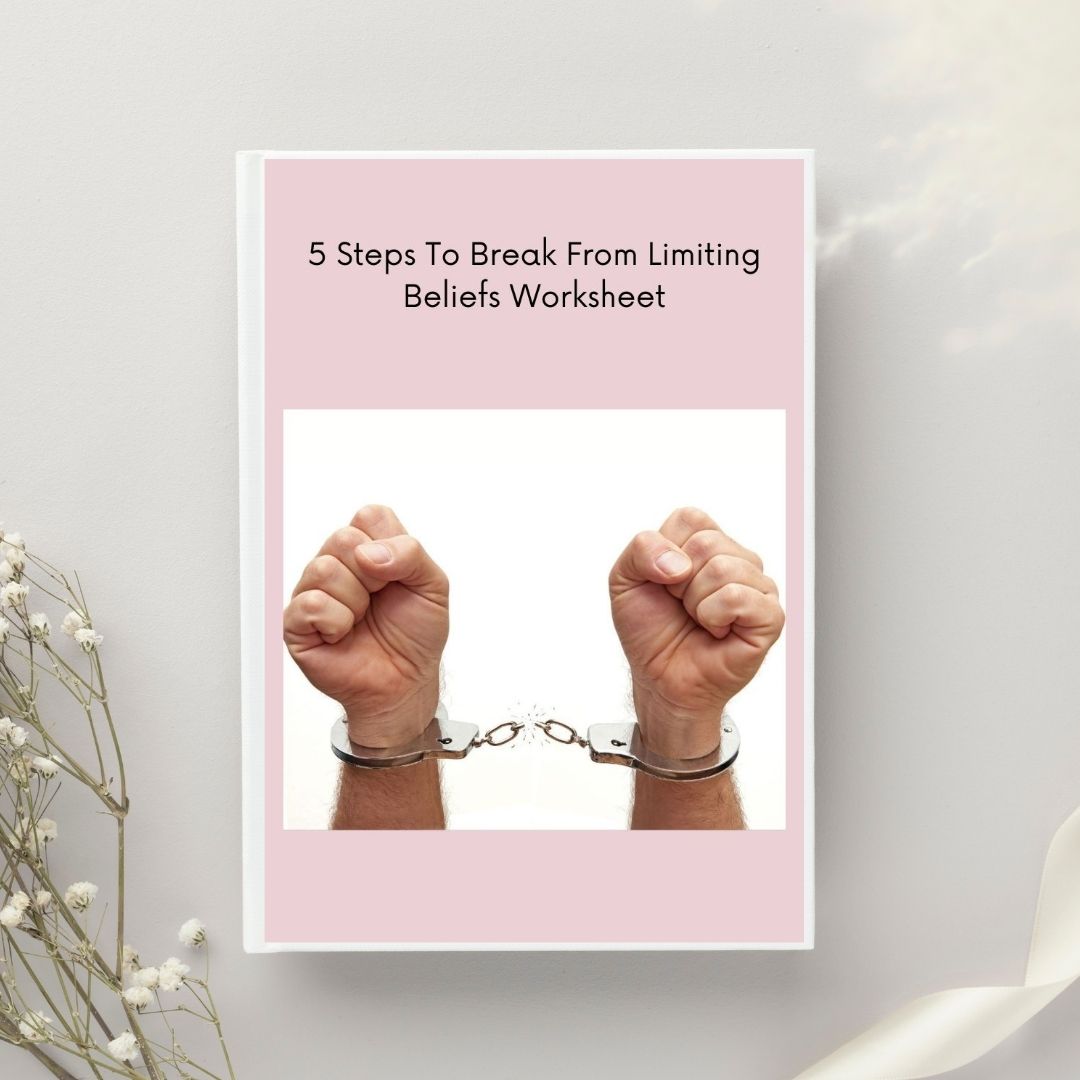
Strategies to Improve Self-Esteem and Foster Self-Love
1. Practice Self-Compassion
Self-compassion is the practice of treating yourself with kindness and understanding, especially during challenging times. Instead of being self-critical, offer yourself the same empathy you would extend to a friend. This shift in mindset can significantly enhance your self-worth.
How to Practice Self-Compassion:
- Acknowledge Your Feelings: When you experience negative emotions or setbacks, recognize and validate your feelings without judgment.
- Speak Kindly to Yourself: Replace negative self-talk with compassionate affirmations. Instead of saying, “I’m such a failure,” try, “I’m doing my best, and it’s okay to make mistakes.”
- Embrace Imperfection: Understand that everyone struggles and has flaws. Embracing your imperfections allows you to be more forgiving of yourself.
2. Challenge Negative Self-Talk
Your inner dialogue has a profound impact on your self-worth. Identifying and challenging negative self-talk is essential for breaking free from limiting beliefs.
How to Challenge Negative Self-Talk:
- Keep a Journal: Write down negative thoughts and beliefs as they arise. Then, counter each negative thought with a positive, empowering statement.
- Use Evidence-Based Thinking: When you have a negative thought, ask yourself, “What evidence do I have that supports this belief?” Often, you’ll find that the evidence is weak or unfounded.
- Reframe Negative Statements: Turn negative self-statements into positive affirmations. For instance, change “I’m not good enough for this job” to “I am qualified and capable of succeeding in this role.”
3. Set Realistic Goals
Setting achievable goals can boost your self-esteem and reinforce your sense of self-worth. By accomplishing smaller, manageable goals, you build confidence and create a positive feedback loop.
How to Set Realistic Goals:
- Start Small: Break larger goals into smaller, actionable steps. Celebrate each small victory, as this reinforces your belief in your abilities.
- Use the SMART Framework: Ensure your goals are Specific, Measurable, Achievable, Relevant, and Time-bound. This clarity will make it easier to track your progress and maintain motivation.
- Reflect on Your Achievements: Regularly review your accomplishments, no matter how small. Acknowledging your successes helps combat feelings of inadequacy.
4. Surround Yourself with Positivity
The people you surround yourself with can greatly influence your self-worth. Seek relationships that uplift, encourage, and inspire you.
How to Cultivate Positive Relationships:
- Evaluate Your Circle: Assess the relationships in your life. Are they supportive and positive, or do they bring you down? Consider distancing yourself from toxic individuals.
- Connect with Uplifting People: Spend time with those who appreciate and celebrate you. Seek out friends, mentors, or communities that inspire you and provide encouragement.
- Engage in Positive Conversations: Participate in discussions that focus on growth, success, and empowerment. Positive conversations reinforce your self-worth and counter limiting beliefs.
5. Engage in Self-Care
Practicing self-care is essential for nurturing self-worth. Taking time for yourself and prioritizing your well-being sends a powerful message that you are deserving of love and care.
How to Practice Self-Care:
- Establish a Routine: Create a daily or weekly self-care routine that includes activities that nurture your body, mind, and soul. This could involve exercise, meditation, hobbies, or simply relaxing with a good book.
- Practice Mindfulness: Engage in mindfulness practices, such as meditation or deep breathing, to cultivate awareness and reduce anxiety. Mindfulness helps you stay present and fosters a sense of self-acceptance.
- Prioritize Your Needs: Learn to say no to commitments that drain your energy or diminish your self-worth. Prioritizing your needs reinforces the belief that you are deserving of care and respect.
6. Seek Professional Help
If low self-worth and limiting beliefs persist despite your efforts, consider seeking support from a therapist or counselor. Professional guidance can provide you with tailored strategies and insights to help you navigate your journey toward self-acceptance.
Benefits of Professional Help:
- Personalized Support: A mental health professional can help you explore the roots of your limiting beliefs and develop personalized strategies for overcoming them.
- Safe Space for Expression: Therapy provides a safe environment for you to express your thoughts and feelings, which can be healing and transformative.
- Accountability: Working with a professional can keep you accountable for your self-improvement journey, ensuring you stay on track.
In Summary
Understanding the role of self-worth in breaking free from limiting beliefs is crucial for personal growth and fulfilment. Low self-worth can perpetuate negative thought patterns that hold you back from reaching your full potential. However, by practicing self-compassion, challenging negative self-talk, setting realistic goals, surrounding yourself with positivity, engaging in self-care, and seeking professional help, you can improve your self-esteem and foster self-love.
The journey toward self-worth is ongoing and requires patience and commitment. Remember that you are inherently valuable and deserving of love, happiness, and success. By embracing your worthiness, you can break free from the shackles of limiting beliefs and step confidently into a life of possibility and fulfillment. The path may be challenging, but the rewards of a healthy sense of self-worth are immeasurable, leading you to live a life that reflects your true potential.
Click the link below to book your free clarity call or free virtual coffee chat.
Grab a copy of our newletter by completing the form below, this will then be sent to your inbox every month.
My Affirmation For The Week
"Don’t worry, be crappy. Revolutionary means you ship and then test… Lots of things made the first Mac in 1984 a piece of crap – but it was a revolutionary piece of crap."

